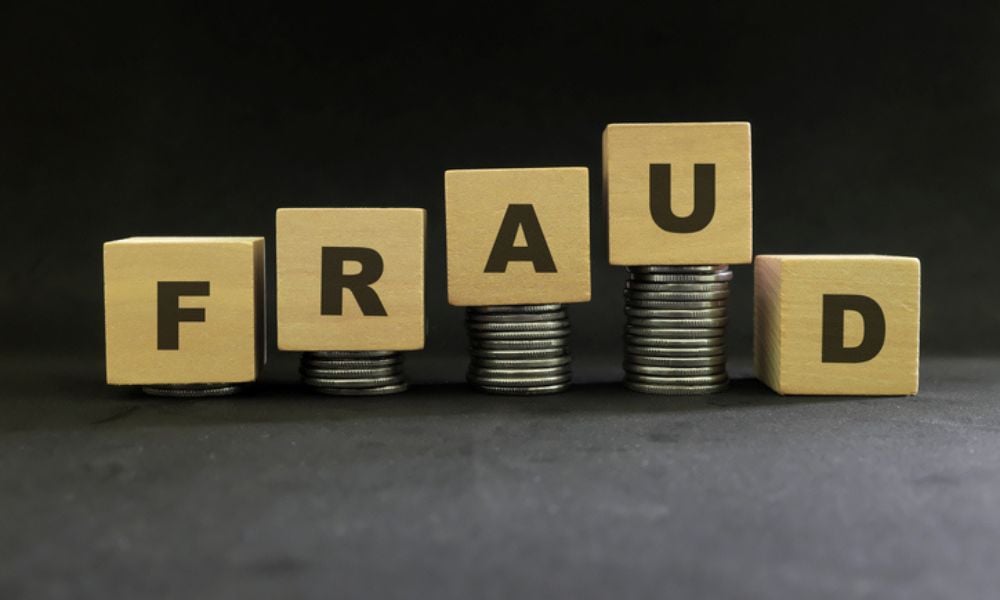SEC asserts commitment to "holding those who prey on others accountable"

Matthew Motil, the host of the podcast “The Cash Flow King” has been charged with perpetrating an $11 million fraudulent real estate investment scam, the US Securities and Exchange Commission (SEC) announced in a news release.
The SEC complaint alleges Motil defrauded investors with promises of “low-risk, high-return promissory notes purportedly collateralized by first mortgages on homes located throughout Ohio.” Motil promoted the investments on his website and on his podcast, where he assured the investments he was offering were safe and backed by a “first lien position” on the underlying real estate assets, it was stated.
Motil told investors they would be paid returns on investments from profits gained from renovating, reselling, refinancing, and renting the properties, it was stated. However, according to the complaint, he did not secure first lien positions for the investors and regularly sent out promissory notes to multiple investors he claimed to be secured by the same property. He allegedly used the funds to make Ponzi payments to earlier investors and spent some on courtside NBA tickets, a lakefront mansion rental, and other personal expenses, including credit card charges, repaying student loans, and cash withdrawals.
“We allege that Motil used podcasts and social media platforms to bolster his reputation as an investing expert while fraudulently targeting investors’ hard-earned retirement assets, including, in at least one instance, almost the full balance of an investor’s self-directed IRA,” said Mark Cave, associate director of the Division of Enforcement at the US SEC. “We are committed to holding those who prey on others accountable for their unlawful conduct.”
Among Motil’s alleged targets included an Armed Forces officer and a cancer researcher.
The SEC complaint seeks “injunctive relief, disgorgement plus prejudgment interest, civil money penalties, and an officer and director bar.”
Motil also faces allegations of forging signatures and misusing a notary’s seal, a crime in Ohio, according to CNBC.
Have something to say about this story? Leave your comments below.



